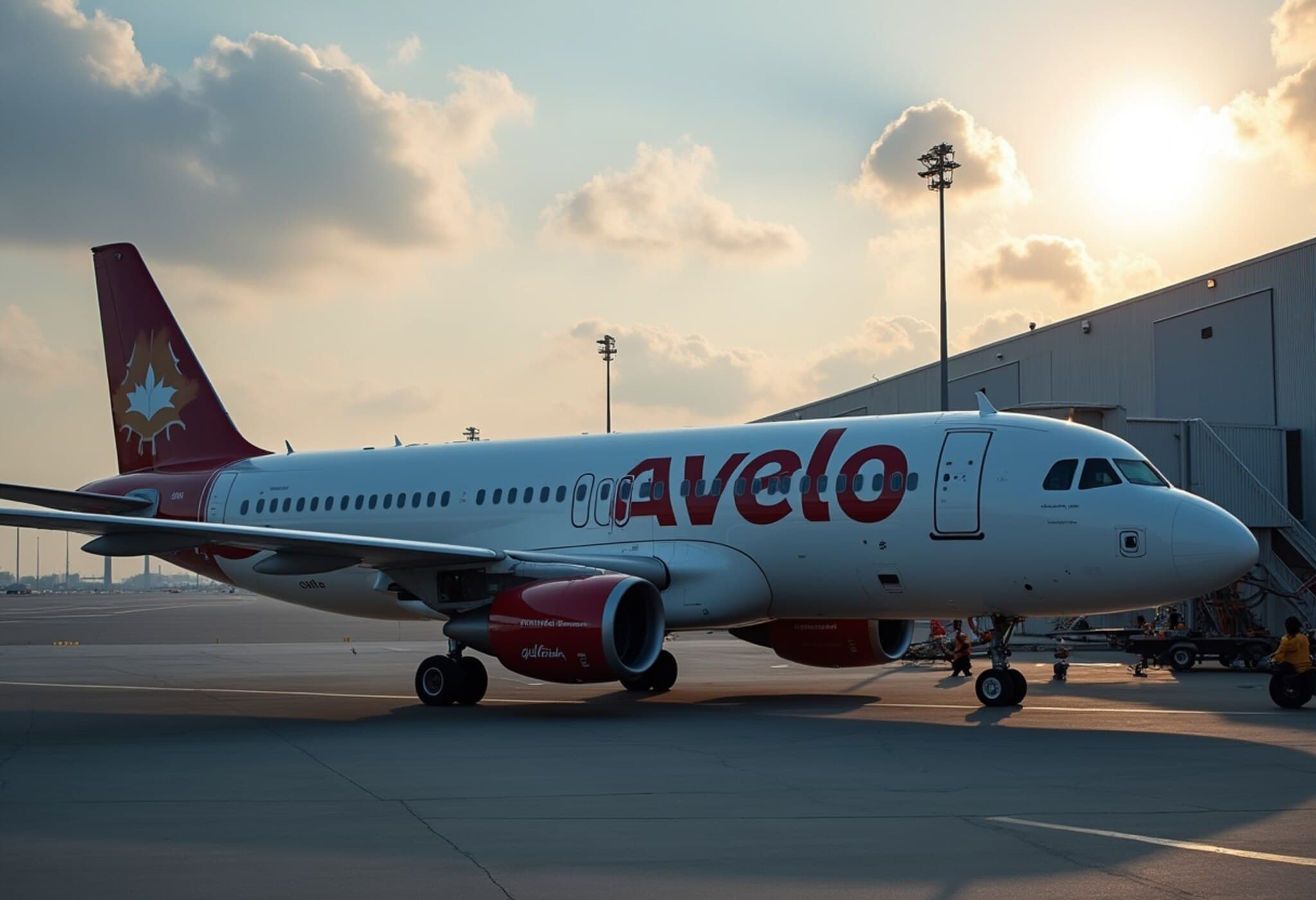Salem City Council Voices Concerns Over Avelo Airline Contract
In Salem, the city council confronted growing unease over Avelo Airlines’ role in federal deportation flights but ultimately opted against abrupt action to terminate the airline’s contract. Despite vocal opposition from residents and council members, officials cited significant financial risks associated with cancelling the decade-long agreement.
Community Voices Demand Accountability
At a June 23 public hearing, dozens urged the council to either cancel Salem’s two contracts with Avelo or formally denounce the airline’s participation in deportations. Many emphasized the humanitarian toll, highlighting fears within immigrant communities and equating deportation operations to historical injustices.
- Latinos Unidos Siempre representative Alex Buron likened the treatment of deportees to the Middle Passage, underscoring feelings of systemic neglect.
- Marlen Lopez described the contracts as “blood money” that contradict Oregon’s sanctuary state values.
- Councilor Deanna Gwyn shared personal accounts of immigrant neighbors who now fear basic daily activities under current conditions.
Financial and Legal Constraints Shape Council’s Stance
While Council President Linda Nishioka and Councilor Paul Tigan expressed discomfort with Avelo’s actions, they acknowledged that rescinding the contract prematurely could cost Salem at least $1.2 million in damages and jeopardize federal aviation grants vital to the city’s airport infrastructure.
The existing 10-year contract, which expires in October, permits termination only under specific circumstances such as breach of contractual obligations or liens against the airport. Avelo has stated that its deportation flights currently operate only from Arizona, with no plans to conduct such activities through Salem Airport.
Nishioka indicated a willingness to reconsider renewing the contract post-October, contingent on any new evidence of deportation flights involving Salem. At the same time, she noted the city faces fiscal risks no matter the chosen course.
Balancing Advocacy and Practicality
Councilor Tigan voiced his frustration over limited options but emphasized his duty to maintain Salem’s financial stability. "We don’t have a great lane for activity and a great lane for action," he admitted, yet reiterated the importance of providing a forum for public concerns.
Salem Mayor Julie Hoy concluded the discussion by reaffirming her commitment to residents' welfare without taking a definitive position on Avelo’s federal immigration contracts. She clarified that the city’s agreement with Avelo pertains solely to commercial air service and not immigration-related activities.
Budget Approvals and Upcoming Public Safety Measures
Parking Budget Maintains Rates as Paid Parking Arrives
The city council unanimously approved the 2026 downtown parking district budget, maintaining a flat business parking tax rate of $169 per space with a minimum of $469. This tax will phase out once new metered parking commences on July 10, with future revenue assessments guiding its eventual elimination.
2026 City Budget Passes With Focus on Restoring Services
Salem’s 2026 budget, totaling approximately $785 million, also passed unanimously. Thanks to a recently approved tax levy, the budget preserves current city services and restores some library staff positions cut the previous year. It takes effect starting July 1.
Public Safety Discussion to Resume in July
The council agreed to postpone detailed conversations about enhancing downtown safety to a July 21 work session. Proposed measures include reinstating the police bike team, increasing officer overtime, expanding the Homeless Services Team by two officers, and pairing ambulance crews with mental health specialists for homelessness-related calls.
Residents Demand Action from Gerald R. Ford Airport Over Avelo Airlines
Across the country, concern grows beyond Salem. In Grand Rapids, Michigan, residents have called on Gerald R. Ford International Airport to sever ties with Avelo Airlines following revelations of the airline’s involvement in transporting deportees under a Department of Homeland Security contract.
Airport officials clarified that their mandates require allowing all compliant airlines access to gates, warning that barring any company could risk essential FAA funding. Meanwhile, community activists continue urging airport leadership to protect immigrant communities and advocate for due process.
In response, Avelo Airlines emphasized that deportation flights operate exclusively out of Mesa, Arizona, and are separate from its commercial services offered in Grand Rapids.
Looking Ahead
Salem faces a delicate balancing act — addressing community concerns over deportation flights tied to Avelo Airlines, while navigating legal and financial hurdles. As the current contract’s expiration approaches, the council’s decisions will deeply impact the city’s fiscal health and immigrant population alike.
Meanwhile, broader discussions on public safety, budget priorities, and parking policies signal continued civic engagement and governance challenges ahead.













